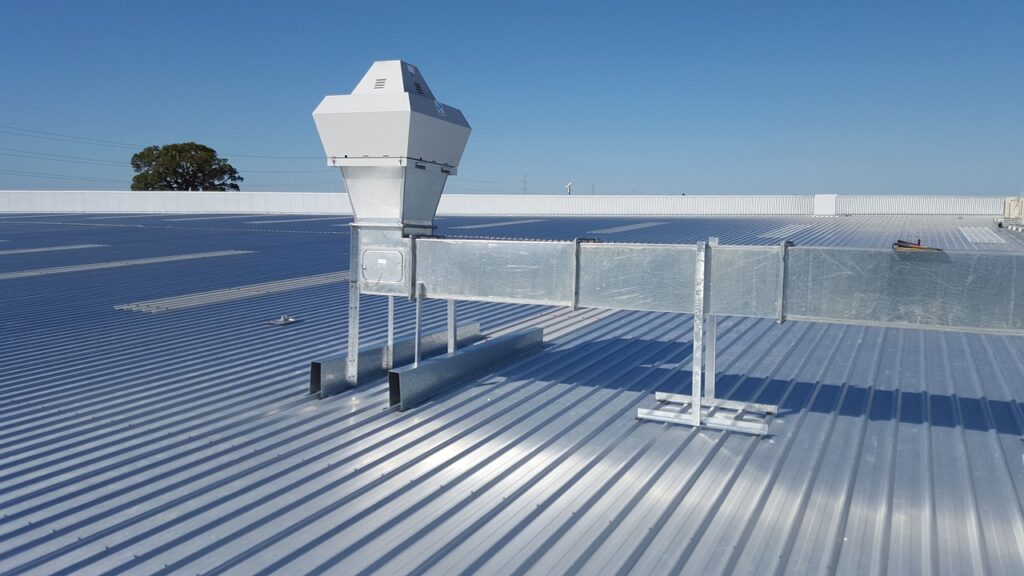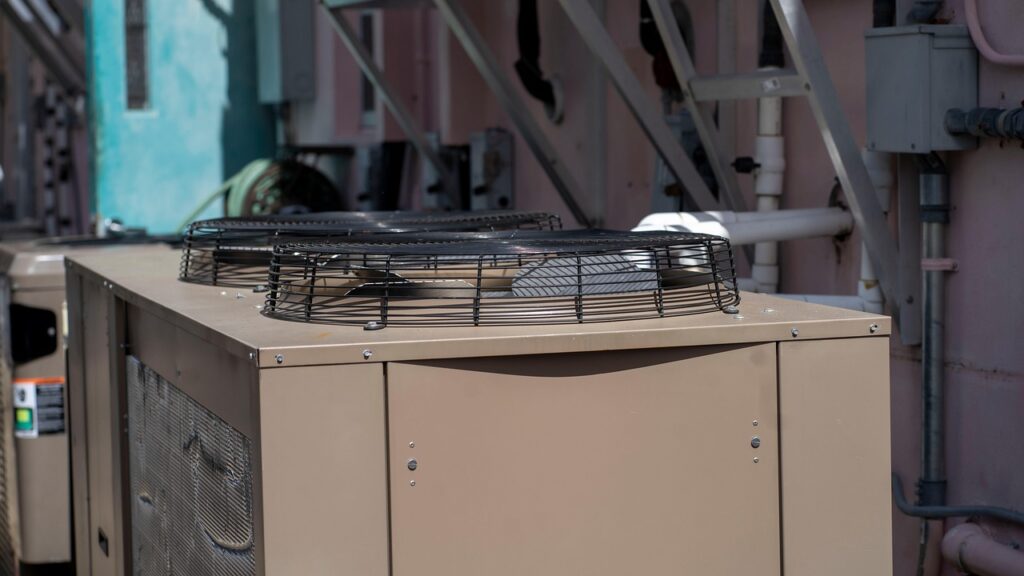Table of Contents
How Do I Know If My HVAC Is Working Properly? Understand These 7 Key Indicators
How do I know if my HVAC is working properly? This is a crucial question for homeowners who want to ensure their heating, ventilation, and air conditioning system is running efficiently. A properly functioning HVAC system provides consistent comfort, cleaner air, and energy savings. Recognizing early signs of trouble can help you avoid costly breakdowns and extend the life of your system.
In this comprehensive guide, we’ll cover how to check your HVAC’s performance, the most common issues, and maintenance tips that keep your system in top shape.
1. Your HVAC System Maintains a Consistent Temperature
One of the most obvious ways to answer “how do I know if my HVAC is working properly” is to check if it maintains your set temperature throughout the day. If you experience uneven heating or cooling in different rooms, there could be airflow issues, blocked vents, or duct leaks.
- Test different rooms for temperature variations
- Check that the thermostat matches room temperatures
2. Energy Bills Are Stable or Decreasing
An efficient HVAC system shouldn’t spike your utility bills. If you notice rising costs without a change in usage, it could signal your system is working harder than it should due to clogged filters, refrigerant leaks, or aging components.
- Compare seasonal bills year over year
- Monitor energy consumption trends monthly
3. Your HVAC is Working Cycles On and Off Appropriately
HVAC units are designed to cycle on and off to maintain your desired temperature. Short-cycling or running continuously often indicates a malfunction.
- Listen for rapid cycling or constant operation
- A properly working HVAC should cycle on/off without abrupt changes
4. No Strange Noises or Odors
If your HVAC emits banging, grinding, or squealing sounds, or produces odd smells like burning or mustiness, it’s time to investigate. These symptoms can suggest motor failure, debris buildup, or mold in ducts.
- Turn off the system and inspect air vents
- Unusual odors may point to overheating or biological growth
5. Proper Airflow Throughout Your Home
Weak airflow is a common sign of a struggling HVAC unit. It could mean blower issues, clogged air filters, or blocked ductwork. Use your hand to feel airflow from vents.
- Check vents and returns for blockages
- Replace air filters regularly (every 1–3 months)

6. Humidity Levels Are Controlled
How do I know if my HVAC is working properly in humid climates? It should regulate moisture levels effectively. If your home feels clammy or condensation appears on windows, the system may be underperforming.
- Invest in a hygrometer to monitor indoor humidity
- Ideal levels range from 30%–50%
7. You’ve Had Regular Maintenance
A well-maintained system is more likely to run smoothly. If it’s been over a year since your last HVAC tune-up, your system might be less efficient or heading toward a breakdown.
- Schedule biannual check-ups (spring and fall)
- Request a maintenance report after service
How to Perform a Basic HVAC Is Working Check at Home
Performing a basic HVAC check at home is a smart way to catch minor issues before they turn into costly repairs. Here’s a step-by-step breakdown to ensure your HVAC system is working efficiently:
1. Check the Thermostat First
- Ensure it’s set to “cool” in summer or “heat” in winter.
- Replace the batteries if it’s a battery-powered model.
- Try adjusting the temperature and see if the system responds quickly.
2. Inspect Air Filters
- Dirty or clogged filters reduce airflow and strain the system.
- Replace filters every 1–3 months depending on usage and filter type.
- Use high-quality HEPA filters if possible for better air quality.
3. Feel Airflow from Vents
- Walk through your home and feel airflow from each register.
- Weak or uneven airflow may indicate duct blockages or blower issues.
- Remove any furniture or drapes blocking air return or supply vents.
4. Listen for Unusual Noises
- Turn your system on and listen closely.
- Rattling, buzzing, or grinding noises could point to loose parts or electrical issues.
- Address odd sounds quickly to prevent further damage.
5. Check for Water or Leaks Around the Indoor Unit
- A properly working HVAC system should not leak.
- Water around the indoor unit could mean a clogged condensate drain or frozen coil.
- Clear drain lines with a shop vac or contact a pro if unsure.
6. Inspect Outdoor Unit (Condenser)
- Clear away leaves, grass, or debris within 2 feet of the unit.
- Make sure the fan is spinning freely and nothing is obstructing it.
- Hose off any dirt buildup on the unit’s exterior fins.
7. Review Energy Usage
- Compare your energy bill to the same month last year.
- A spike may suggest your system is working inefficiently or overworking.
8. Monitor Indoor Humidity
- Use a hygrometer to check humidity levels.
- If your home feels muggy or dry, the HVAC system may need adjustment or repair.
9. Perform a Visual Duct Check (If Accessible)
- Open crawlspaces or attics and look for visible gaps, holes, or disconnected ducts.
- Sealing these with foil tape can improve efficiency.
10. Schedule a Professional Tune-Up if Needed
- If any of the above checks raise concerns, or you’re overdue for a service, call an HVAC technician for a full inspection.

When to Call an HVAC Professional
If you’ve run through these checks and still feel uncertain, call in a pro. They’ll test system pressure, refrigerant levels, and electrical components you can’t assess on your own. Waiting too long could cause greater damage and higher repair costs.
FAQs About HVAC Is Working Health
How do I know if my HVAC is working properly?
Check for consistent temperature, quiet operation, normal humidity levels, and stable energy bills. Poor airflow, noise, or high bills are signs of trouble.
Why is my HVAC running but not cooling?
You could have a refrigerant leak, clogged filter, or a failing compressor. Call a professional to diagnose the issue.
How often should HVAC systems be serviced?
At least twice a year—once before summer and once before winter.
What is the average lifespan of an HVAC system?
Typically 15–20 years with proper maintenance.
Can I improve HVAC performance myself?
Yes. Regularly change filters, clean vents, and keep outdoor units clear of debris.
Follow us on Facebook for Quick Response & Quires – 24/7 Task Connect